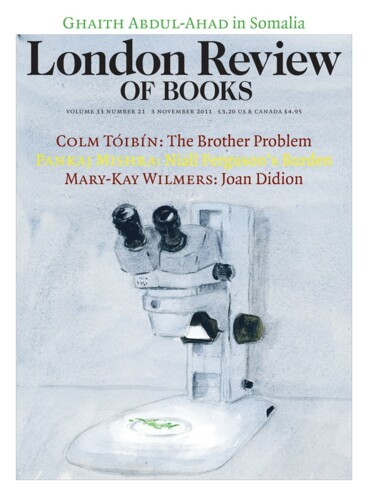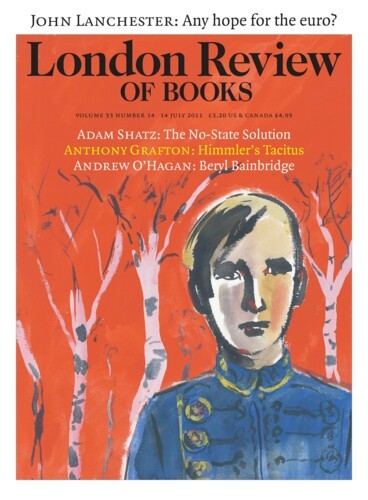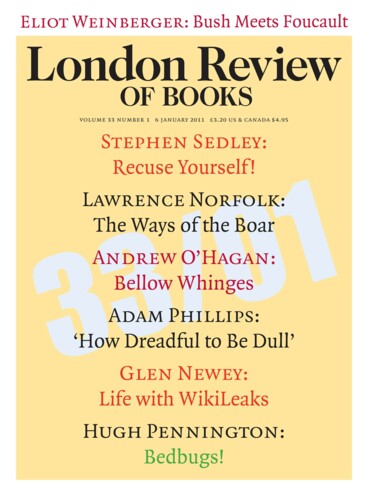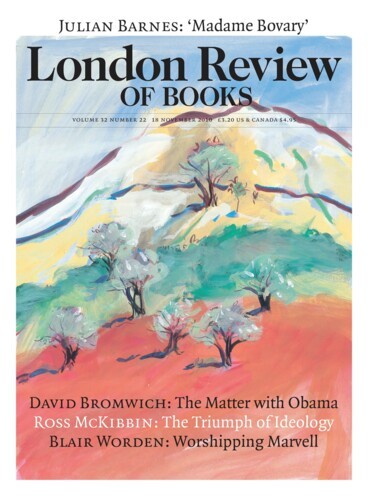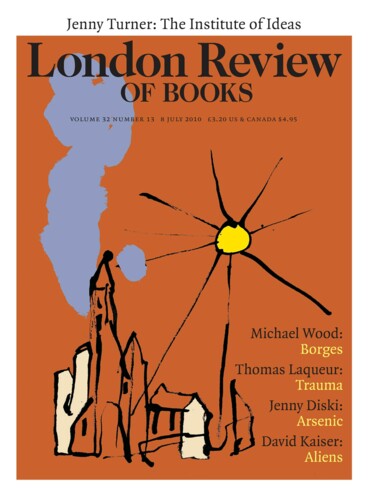Where is this England? The Opium War
Bernard Porter, 3 November 2011
In China the Opium War is taken to mark the beginning of the country’s modern history, seen as one of continuous national humiliation under the heel of Western imperialism, bravely but hopelessly resisted by the peasantry, until Chairman Mao came along. It takes pride of place in school history courses; monuments, museums, books, films and TV documentaries are devoted to it; and there...
